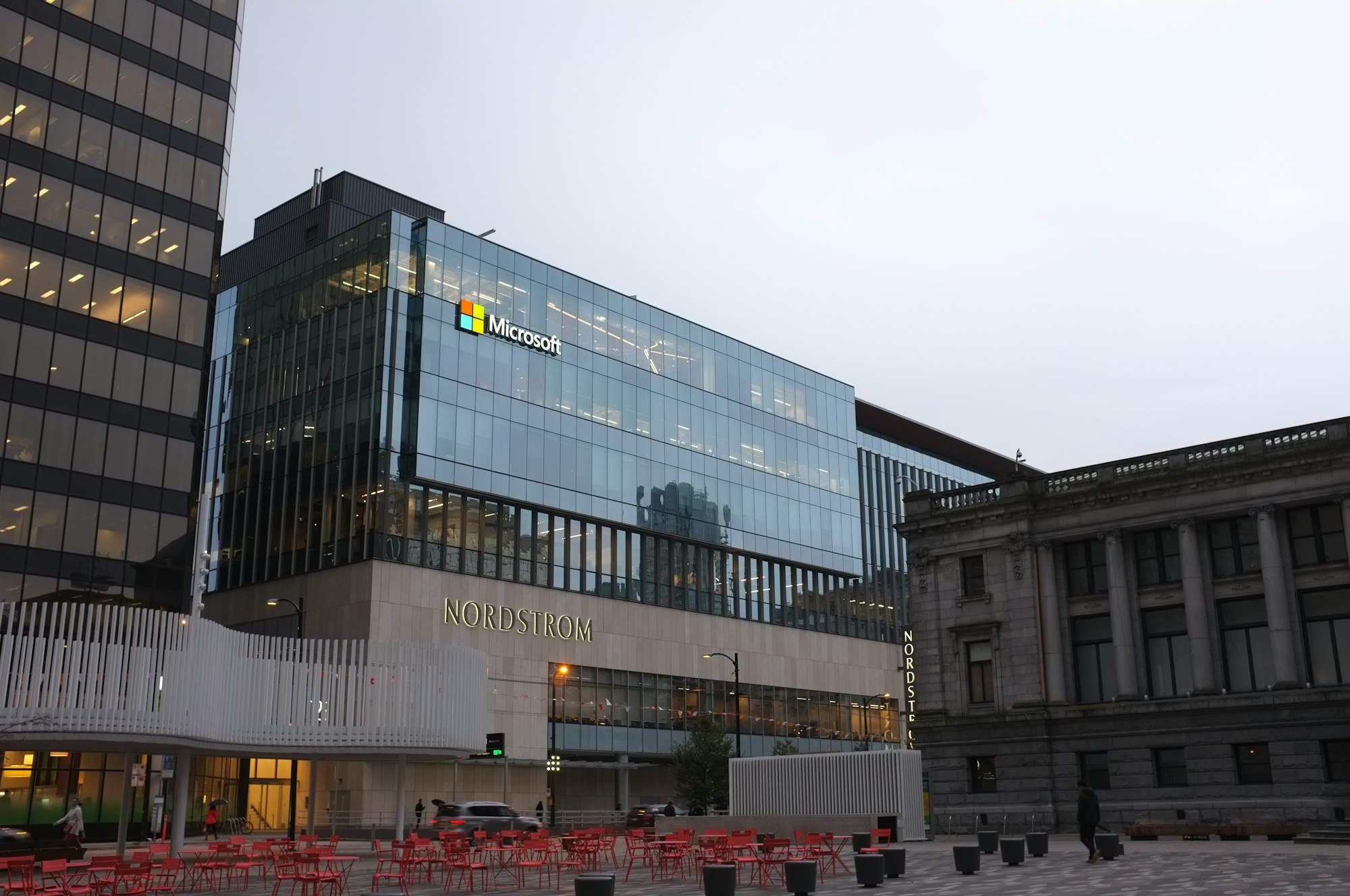Profitability Increases
In the recent quarter ending in December, Microsoft experienced its most significant profit surge in over two years, largely due to the rising interest in artificial intelligence which has significantly boosted the demand for its cloud services. The company's net income escalated by 33% to reach $21.9 billion, marking the highest quarterly growth since September 2021.
- Over the past year, Microsoft has been at the forefront of the tech industry, driven by the belief that AI innovations will revolutionize the sector.
- This has propelled the company to surpass Apple in terms of market value, reaching a milestone market capitalization of over $3 trillion last week, a feat previously achieved only by Apple.
Transformative AI
Microsoft CEO Satya Nadella emphasized the transformative potential of AI in a recent earnings call, highlighting its impact on the future of work. This sentiment was reflected in the company's performance, as it revealed in a week filled with critical tech company earnings reports. Despite Alphabet's (Google's parent company) revenue increase of over 13%, it fell short of expectations in ad revenue growth, leading to a dip in its stock value post-announcement.
- Microsoft's stock, on the other hand, has witnessed an impressive 70% rise over the last year, outpacing the Nasdaq Composite Index's growth. However, shares did experience a decline in after-hours trading on Tuesday.
- A key driver of Microsoft's growth has been its Azure cloud business, which saw a 30% increase, surpassing the 27% growth anticipated by analysts. This growth is attributed to the heightened interest in AI cloud services, particularly through Microsoft's collaboration with Open AI and their ChatGPT project. AI-related demand accounted for a 6% boost in Azure's growth, doubling its contribution from the previous quarter.
Both Google and Microsoft are vying for leadership in the emerging generative AI sector, with investors eagerly monitoring its impact on their businesses. Although Google has acknowledged AI's growing influence on its cloud division, specific financial contributions remain undisclosed.
Gaming, AI, Cloud ... and Layoffs
For its fiscal second quarter, Microsoft reported a revenue of $62 billion, an 18% increase from the previous year and surpassing analysts' predictions of 16% growth. The inclusion of video game giant Activision Blizzard, acquired late in the quarter, contributed significantly to this revenue increase.
- Microsoft, one of the early tech giants to report quarterly results, has had to adapt to the recent slowdown in the tech sector, including implementing staff and cost reductions.
- Notably, Microsoft underwent significant layoffs last year and continued this trend into 2024, aligning with other tech companies like Google and Salesforce who are also reducing their workforce, albeit less drastically than the previous year.
- Following the acquisition of Activision Blizzard, Microsoft reduced its video gaming staff by 8%, equating to about 1,900 employees.
- Meanwhile, the company is bolstering its AI offerings, with the introduction of AI software assistants like Copilot, powered by technology similar to ChatGPT. Copilot, integrated into Microsoft 365, offers functionalities such as summarizing video call transcripts and drafting emails, with analysts predicting it will become a major new revenue source.
- Analysts like Mark Moerdler from Bernstein regard Microsoft's AI products as superior to competitors, seeing them as more than just marketing tools but as substantial innovations. For the upcoming quarter, Microsoft forecasts sales between $60 billion and $61 billion, aligning with analyst expectations.
However, not all of Microsoft's AI ventures have been successful. Its initial AI chatbot for Bing, intended to challenge Google's search dominance, did not gain significant traction. Moreover, Microsoft's substantial investment in OpenAI, totaling around $13 billion for a 49% stake in its profits, has drawn regulatory scrutiny in the U.S. and U.K.
Disclaimer
Please note that Benchmark does not produce investment advice in any form. Our articles are not research reports and are not intended to serve as the basis for any investment decision. All investments involve risk and the past performance of a security or financial product does not guarantee future returns. Investors have to conduct their own research before conducting any transaction. There is always the risk of losing parts or all of your money when you invest in securities or other financial products.
Credits
Photo by Matthew Manuel / Unsplash.






